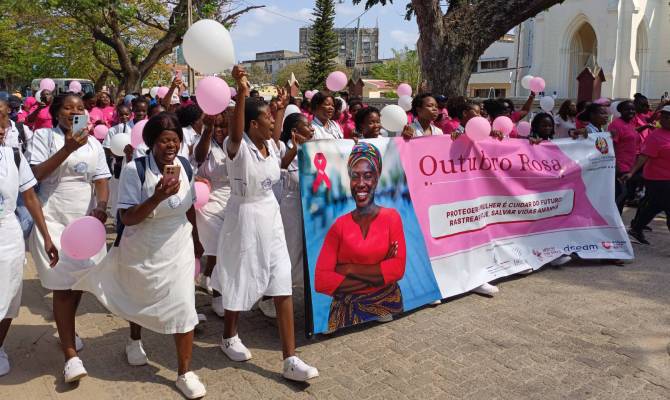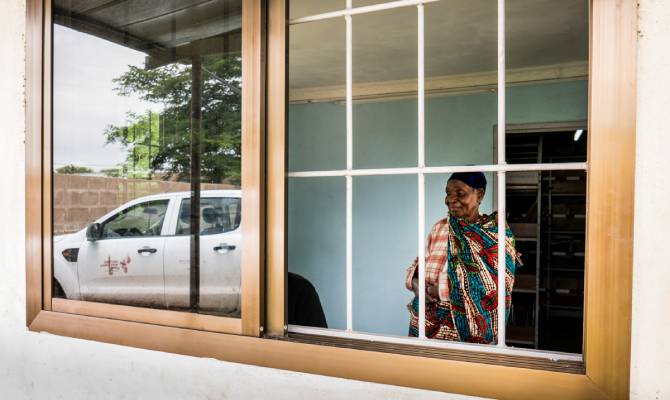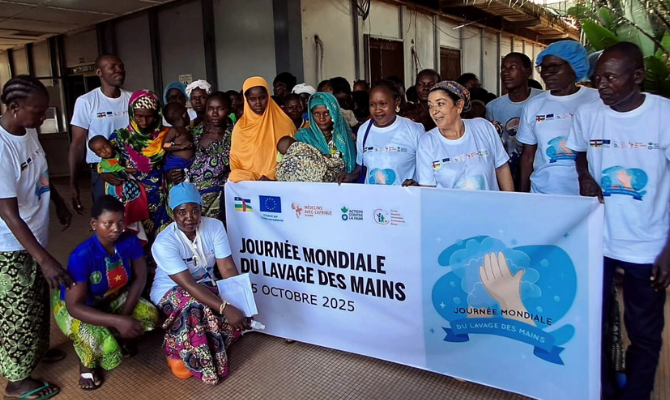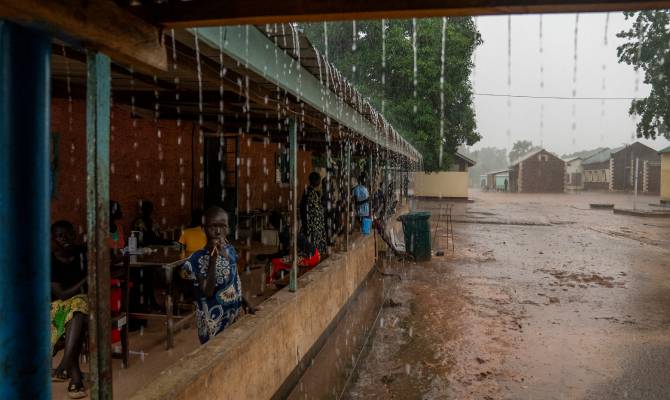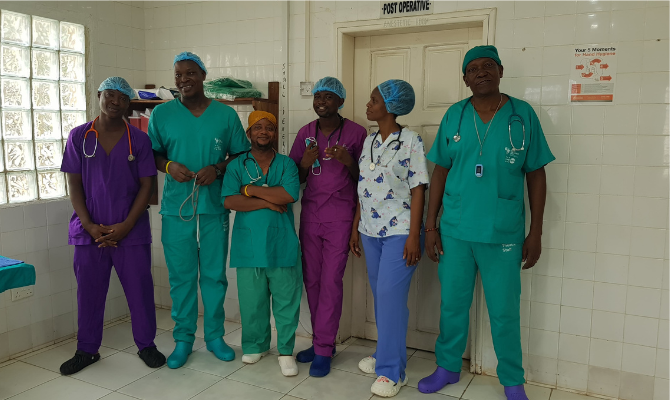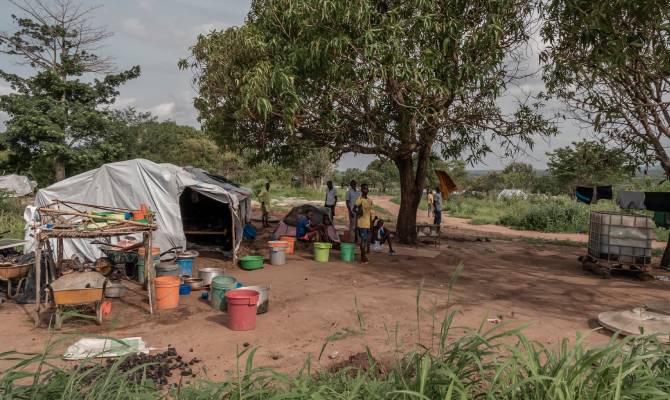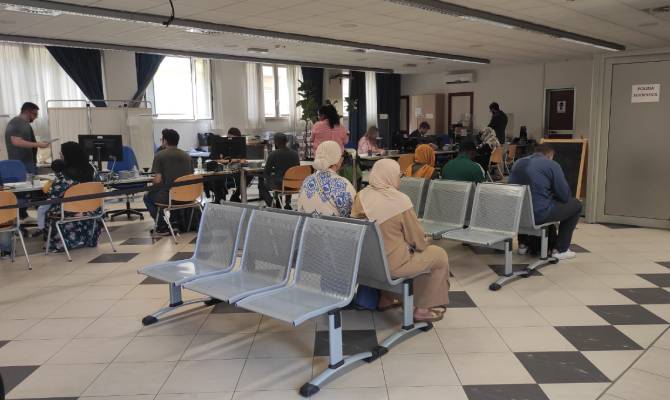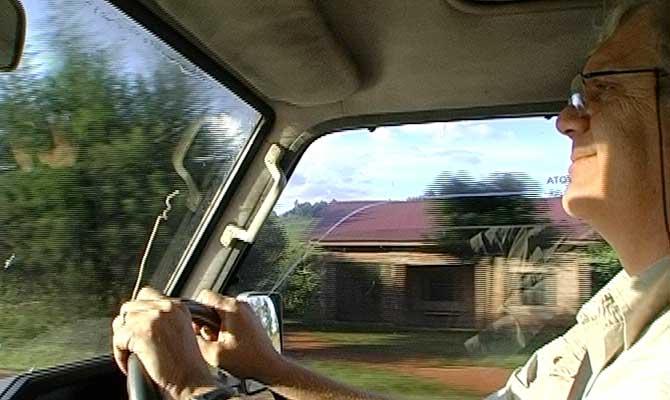Mozambique Turns Pink for Women’s Health
“Protecting women is protecting the future: screen today, save lives tomorrow!”
Pink October in Mozambique was a day of awareness, education, and care dedicated to promoting early screening, breaking stigma, and celebrating the strength and resilience of women navigating the oncology care pathway. CUAMM teams joined the campaign in Beira and Quelimane.

